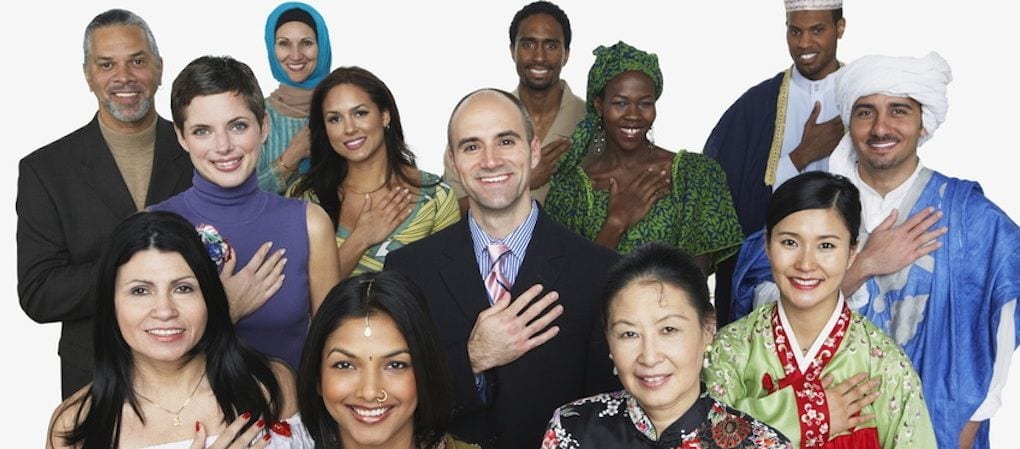
We are frequently asked what activities are permitted while in the U.S. on a B-1 visa. The B-1 classification is available to foreign nationals who desire to enter the U.S. for short-term business activities. For B-1 purposes, engaging in business generally means business activities other than performance of skilled and unskilled labor that are a necessary incident to your business abroad, and the visa is not intended for obtaining and engaging in employment while in the United States.
What Are Permissible B-1 Activities?
The Foreign Affairs Manual provides some guidance on what business activities are permitted while in the country on a B-1 visa. These include the following:
1) (U) Engage in commercial transactions, which do not involve gainful employment in the United States (such as a merchant who takes orders for goods manufactured abroad);
(2) (U) Negotiate contracts;
(3) (U) Consult with business associates;
(4) (U) Litigate;
(5) (U) Participate in scientific, educational, professional, or business conventions, conferences, or seminars; or
(6) (U) Undertake independent research.
One should keep in mind that the B-1 visa holder cannot engage in activities or perform services that may constitute local employment and cannot receive payment from a U.S. source. That said, a B1 nonimmigrant may accept an honorarium payment and associated incidental payments for usual academic activities, such as lecturing, or guest teaching. This honorarium payment is acceptable if the activities last no longer than 9 days at any single institution or organization, payment is offered by an institution of higher education or a related or affiliated nonprofit entity, the honorarium is for services conducted for the benefit of the institution or entity, and the foreign national has not accepted such payment or expenses from more than five institutions or organizations over the last six months.
The B-1 visa is an excellent option for treaty investors seeking to come to the United States to invest in a potential E-2 company, or seeking to pursue an EB-5 immigrant visa. These activities may include coming to the U.S. to set up a US company and company bank account, negotiate and sign a commercial lease for the company, and meet with potential clients and negotiate contracts for the provision of services once the E-2 application is approved.
There are various professions that are subject to exceptions that may permit an individual to work on a B-1 (for example, some professional athletes and domestic workers may obtain this visa and work in the US) so it is important to work with qualified counsel to determine your eligibility.


